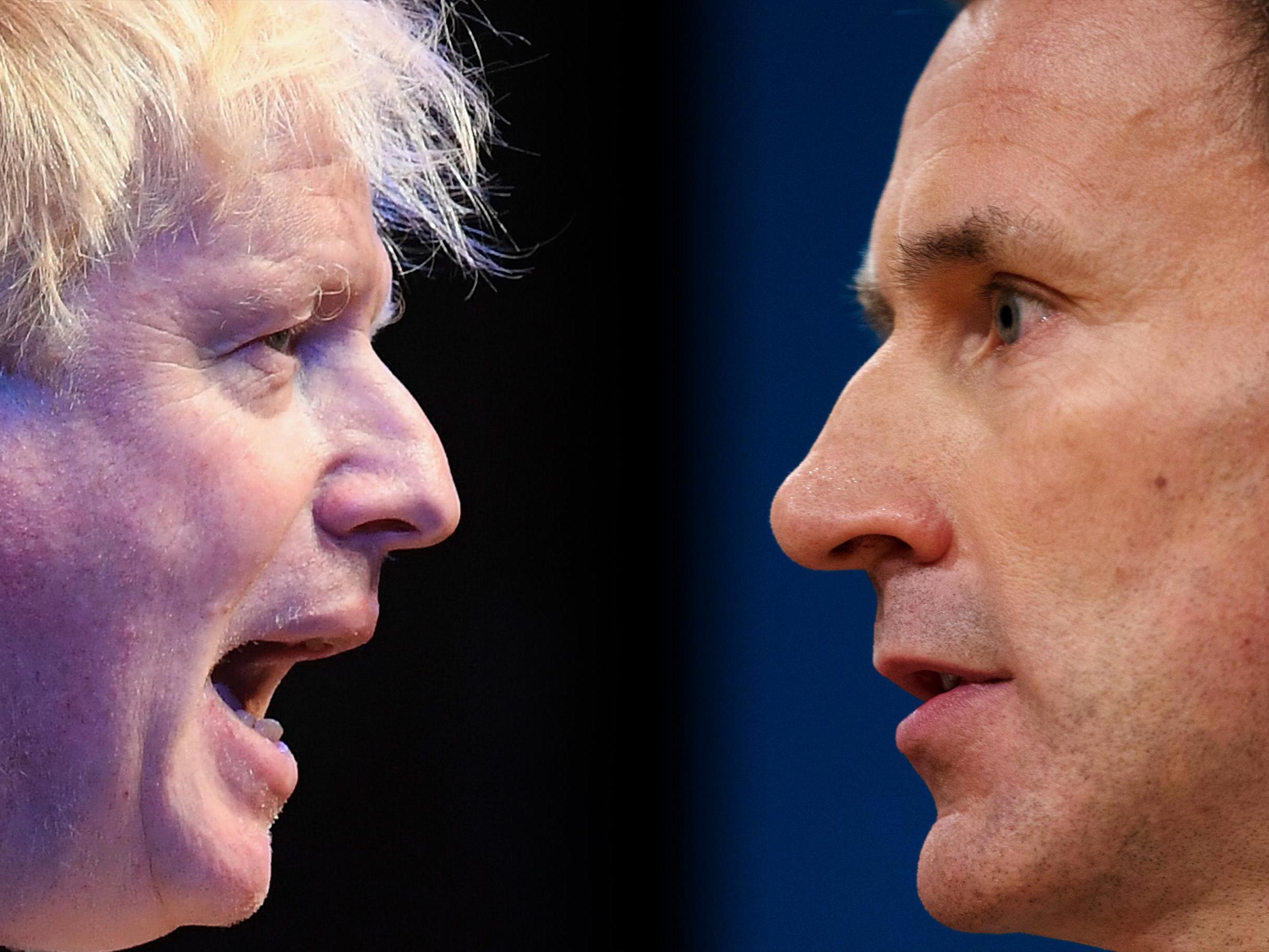Who trusts opinion polls any more? I do
While everyone should exercise caution when it comes to interpreting statistics like these, it is only because of them that we have an idea of the scale of the challenge faced by both sides in the race to No 10


Your support helps us to tell the story
From reproductive rights to climate change to Big Tech, The Independent is on the ground when the story is developing. Whether it's investigating the financials of Elon Musk's pro-Trump PAC or producing our latest documentary, 'The A Word', which shines a light on the American women fighting for reproductive rights, we know how important it is to parse out the facts from the messaging.
At such a critical moment in US history, we need reporters on the ground. Your donation allows us to keep sending journalists to speak to both sides of the story.
The Independent is trusted by Americans across the entire political spectrum. And unlike many other quality news outlets, we choose not to lock Americans out of our reporting and analysis with paywalls. We believe quality journalism should be available to everyone, paid for by those who can afford it.
Your support makes all the difference.One of the joys of Twitter is the predictability of the responses whenever I post an opinion poll. “You don’t still believe polls any more, do you?” I am asked. Well, yes, actually, I do.
You have to interpret them with care, but they are better than any other way of judging public opinion. Voting intention polls do not tell us much at the moment about what would happen if there were an early general election, because that would depend so much on when such an election took place and why it was called.
But they still tell us a great deal about the state of politics at the moment, and the way that Brexit has realigned voter loyalties. At the last election, Britain reverted rather sharply to the old two-party politics model, with the Conservatives and Labour each taking more than 40 per cent of the vote.
Now, we are suddenly in a four-and-a-half party system, with the Leave side of politics split between the Brexit Party and the Tories, while the Remain side is divided into Labour (slightly on the Remain side of the fence) and the Lib Dems and Greens (both committed to staying in the EU).
The average of the three most recent polls, from YouGov, Opinium and Survation, put Labour on 24 per cent, the Brexit Party on 22 per cent, the Conservatives on 21 per cent, the Lib Dems on 18 per cent and the Greens on 7 per cent. In other words, four parties are roughly level on 20 per cent each, while the Green Party takes a significant chunk of the remainder.
Those voting intentions would change if an election actually happened. One thing we certainly learned from the last election is that parties can lose or gain support during campaigns. And if there were an election this year, the outlook for Brexit could have a big impact on how people would vote. The current polls just tell us where the voters start off.
If Boris Johnson became prime minister, for example, and called an election asking for a mandate to leave the EU, deal or no deal, on 31 October, we could imagine most of the Brexit Party’s support rallying to him. Equally, if Jeremy Corbyn continued to say that Labour wants both to leave the EU and stay in it, it is possible that the Lib Dems and the Greens could split the anti-Tory vote.
But it is only because of opinion polls that we have an idea of the scale of the challenge faced by both sides.
And there was another opinion poll this weekend that told us something important. It is unusual to have a “before and after” poll that so clearly identifies the effect of an event, but the Survation poll in the Mail on Sunday quantified the damage to Johnson’s reputation after news emerged about the police being called to his girlfriend’s flat on Thursday night.
Before that news broke, Johnson led Jeremy Hunt as “would make the best prime minister” by 36 to 28 per cent. Afterwards, their positions swapped, with Hunt in the lead by 32 to 29 per cent.
As I say, you have to be careful in interpreting polls. Part of that movement may simply be because of the greater attention paid to Hunt after he emerged as the second of the final two candidates to be put to the ballot of party members. But much of it must have been a result of the news story.
Johnson remained in the lead among people who voted Conservative at the last election, although his support still went down, and no doubt he continues to be in the lead among Tory members, who will vote next month to decide who shall be our next prime minister.
In the last YouGov survey of party members, on 11-14 June, Johnson was ahead of Hunt by 77 to 56 per cent as a “good party leader”. We can guess that the gap will have closed somewhat since then.
It is only because we have opinion polls that we can say with any degree of certainty that this race is not over yet.
Yours,
John Rentoul
Chief political commentator
Join our commenting forum
Join thought-provoking conversations, follow other Independent readers and see their replies
Comments